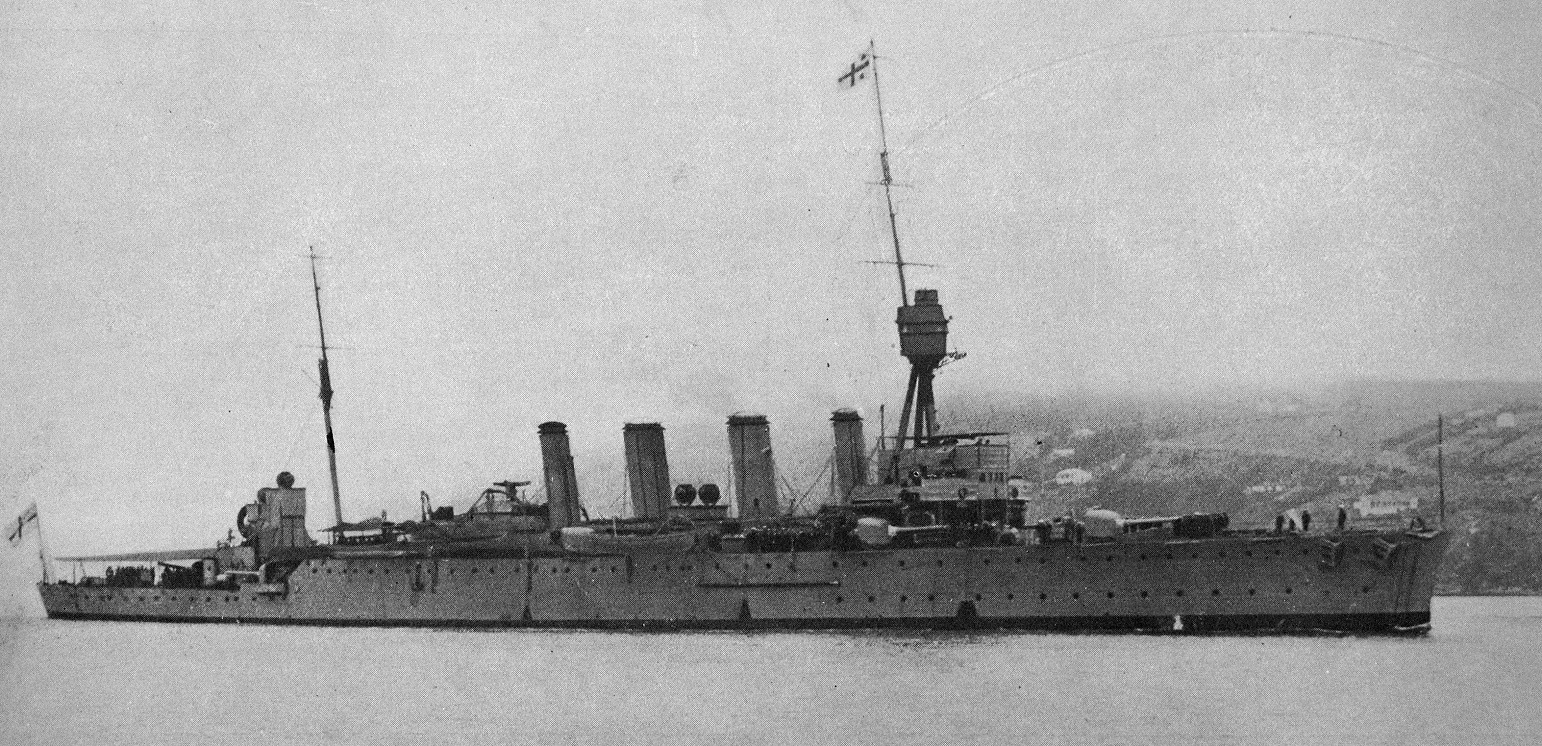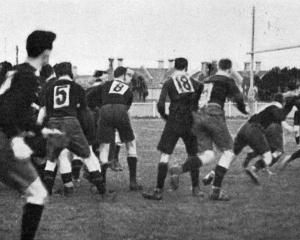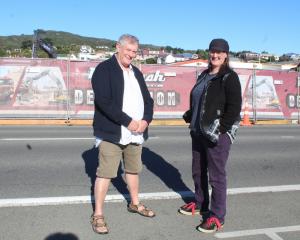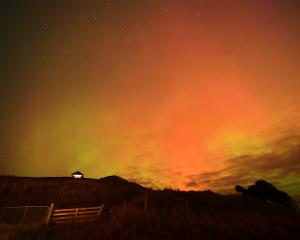

Ankara govt exiles Caliph
Abdul Medjid Effendi, former Crown Prince of Turkey, but yesterday thirty-eighth successor of Mohammed, bearing the title of Defender of the Faith and Caliph, is today added to the list of political exiles who are finding sanctuary in hospitable Switzerland. It is an extraordinary turn of events that has led to the ejection of the Caliph from Turkey by the Turks themselves. The expulsion, which is of an order that is calculated to astonish the world, was carried out with dramatic celerity. Abdul Medjid was not even allowed a reasonable sleep overnight. In the small hours of the morning came the emissaries of the state bearing the fateful decree of deposition, and an hour later Abdul and his family were speeding for the frontier. As an illustration of the masterful ways of Mustapha Kemal and the new Turks the episode makes its due impression. The policy of Angora has latterly led the Turkish nation along unfamiliar paths in the direction of democracy and Westernisation.
Incidentally, the Angora government will become possessor of some handsome palaces vacated by the banished members of the House of Osman, and will no longer be conscious of the irritating presence of a representative of religious authority sitting at its elbow. But the habits and outlook of a nation cannot be changed in a day, and the government, strong as it believes itself to be, may yet find that it has matched itself against a stronger force in traditions that have been maintained in Turkey for hundreds of years. Possibly, abolished in Turkey, the Caliphate will find rebirth in some other stronghold of Islam. — editorial
Peninsula-wide county favoured
The Portobello Road Board is endeavouring to get the Beach road, which runs along the foreshore of the harbour from Dunedin to Portobello, declared a public highway. This would ensure provision for its upkeep. It seems probable that to get the road put under the administration of the Public Highways Board that the four road board districts on the Peninsula will have to combine and be superseded by a county council. At yesterday’s meeting of the Portobello Road Board it was stated that the combining would probably mean that administration charges would be cheaper, and that the present road board districts would constitute ridings of the county, and thus local needs would be looked after by local resident representatives as is the case at present. The Portobello Road Board members are in favour of the proposal. — ODT, 7.3.1924
Compiled by Peter Dowden












